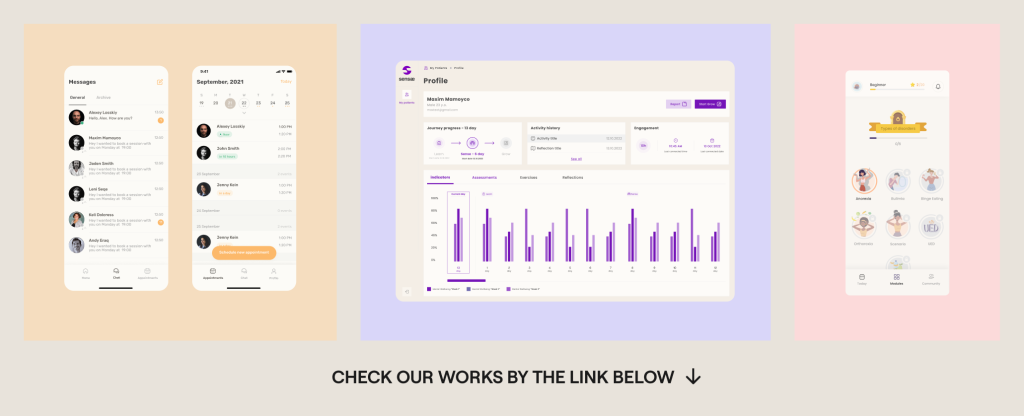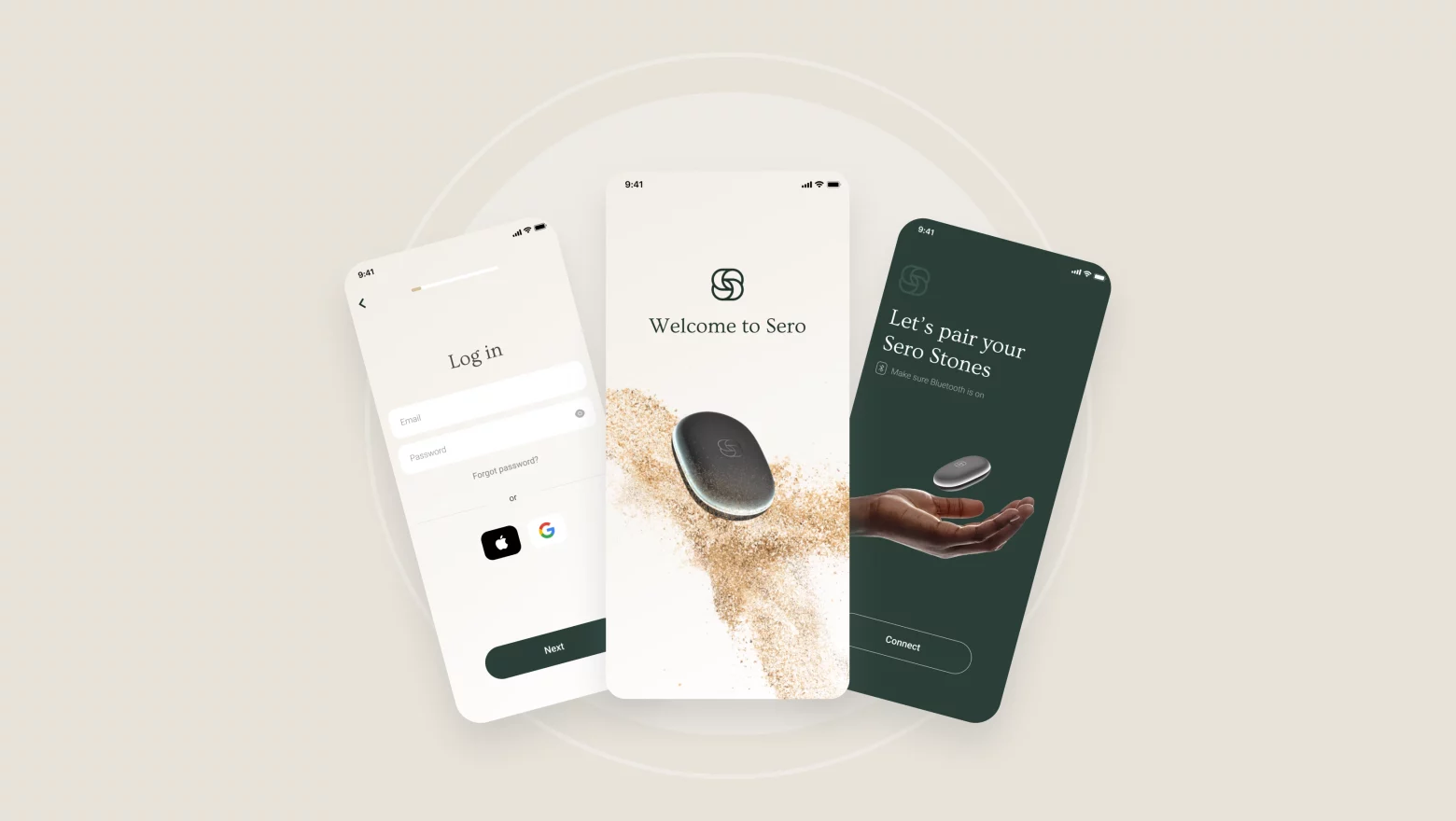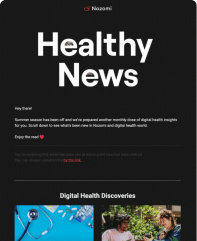What is data mining in healthcare?
Have you ever thought about how we handle all the data in healthcare? It’s like looking for hidden treasures in a vast ocean of information. That’s what data mining does.
What is data mining in healthcare? Now, when you hear “data mining,” you might picture people digging through data with shovels. But it’s more like searching for precious gems in a huge pile of rocks. Here’s the deal.
Data mining is about digging through big piles of data to find patterns and useful insights. Imagine it as being a detective who uses cool tools like statistical analysis and machine learning to turn tons of data into something meaningful. For instance, say you have software that compares symptoms of patients with the same illness. It helps doctors figure out the best treatment plans.
And here’s the kicker: the market for data mining in healthcare is booming. It jumped from $519.3 million in 2017 and is expected to hit a billion dollars by 2023. No wonder these tools are becoming so essential in healthcare. Let’s explore why they’re so important.
Benefits of Data Mining in Healthcare
You might be wondering, what’s the big deal with data mining for healthcare? Well, it’s like finding hidden treasure in a sea of information. Healthcare generates about 30% of the world’s data, and by 2025, that’s expected to jump to 36%. Making sense of all that data can give any medical organization a huge edge. Here’s why data mining is a game-changer:
Boosting Clinical Decision-Making
The first from the benefits of data mining in healthcare. Healthcare data migration in hospitals are increasingly using clinical decision support systems (CDSS). These systems can use a rule-based approach or machine learning to make sense of data. With data mining, these systems get even better. Imagine comparing a patient’s history and symptoms with current research and similar cases—doctors can make more informed decisions quickly.
Nailing Down Diagnoses
Data mining helps doctors diagnose more accurately and quickly. Sure, doctors are essential for final decisions, but AI can sift through tons of data in seconds. It can analyze X-rays, MRIs, and blood tests, helping spot issues like tumors early on. Speed and accuracy here can be lifesaving.
Streamlining Treatments
Every healthcare provider aims to offer top-notch care. Data mining for healthcare makes it easy to compare treatment plans and choose the best one. Plus, with data from medical IoT devices, doctors can monitor patients and adjust treatments in real-time.
Preventing Dangerous Interactions
Medications and certain foods don’t always mix well. The FDA advises consulting a doctor or pharmacist about new drugs, but time constraints often make this tough. Data mining can highlight potential drug and food interactions, reducing the risk of adverse effects.
Building Better Patient Relationships
Integrating data mining with CRM systems can significantly improve patient care.
Here’s how:
– Patients can be matched with the right specialists, boosting satisfaction and outcomes.
– Hospitals can predict complications and recovery times, improving scheduling and preventing readmissions.
– Tracking pharmacy purchases helps doctors ensure patients follow their treatment plans.
Catching Insurance Fraud
Healthcare data mining can also detect fraudulent insurance claims. In 2021, false claims cost $3.1 billion. Advanced analytics can spot inconsistencies, helping to reduce these losses.
Predicting Trends
Predictive analysis with healthcare data mining allows healthcare providers to:
– Prepare for seasonal infection spikes.
– Avoid staff and drug shortages.
– Embrace new technologies and phase out outdated ones.
In short, data mining helps healthcare providers cut costs, optimize resources, and offer better patient care. It’s not a walk in the park, but the benefits are worth it. Let’s break down how it all works.

How is data mining used in healthcare
Let’s take healthcare data mining examples.
- Clinical decision support: ever wonder how doctors make those spot-on decisions? They use data mining in healthcare to sift through electronic health records (EHRs), patient data, and medical literature. By spotting patterns in patient outcomes, treatments, and disease progressions, data mining helps predict risks, fine-tune treatment plans, and ultimately improve patient outcomes.
- Disease surveillance and outbreak detection: how is data mining used in healthcare? Think of data mining as a detective for diseases. By analyzing massive epidemiological datasets, it can pinpoint patterns and outbreaks. Looking at symptoms, locations, demographics, and environmental factors, data mining can catch infectious diseases early and help public health officials respond swiftly.
- Predictive analytics for patient management: imagine predicting a health issue before it happens. That’s what medical data mining does with predictive analytics. By crunching numbers on demographics, genetics, lifestyle, and medical history, it helps identify high-risk patients, detect diseases early, and plan personalized treatments. This leads to proactive and preventive care.
- Healthcare fraud detection: fraud in healthcare? It’s a thing. Medical data mining comes to the rescue by identifying suspicious patterns in insurance claims, billing, and prescribing practices. Analyzing vast amounts of data, it spots anomalies that indicate fraud, helping to prevent financial losses and protect healthcare resources.
- Health research and knowledge discovery: health data mining is a goldmine for researchers. By analyzing clinical trials, genomic data, and scientific studies, it uncovers new insights and trends. This can lead to discovering biomarkers, understanding genetic risks, supporting drug development, and advancing medical research.
- Healthcare resource management: managing resources in healthcare is like a complex puzzle. Health data mining helps piece it together by analyzing historical data, patient flow, and resource use. It optimizes hospital bed management, staff schedules, and inventory control, boosting efficiency and cutting costs.
- Patient segmentation and personalized medicine: not all patients are the same. Data mining segments patients into groups based on demographics, genetics, medical history, and treatment responses. This allows for personalized treatment strategies and precision medicine, improving outcomes and reducing adverse events.
Data mining healthcare applications
Let’s dive into the exciting world of data mining tools in healthcare. Here’s how it’s making waves:
- Clinical decision support systems (CDSS): imagine having a personal assistant that helps doctors make better decisions. CDSS uses data mining to analyze patient data, medical literature, and clinical practices. By identifying patterns and correlations, it helps healthcare providers predict risks, optimize treatment plans, and improve patient outcomes. For instance, it can compare a patient’s symptoms and history with vast amounts of clinical data to suggest the best treatment options.
- Disease surveillance and outbreak detection: medical data mining projects act like a radar for detecting disease outbreaks. By analyzing large-scale epidemiological data, including symptoms, geographical locations, and demographic factors, it can identify emerging disease patterns and potential outbreaks early. This allows for timely public health interventions and more effective control of infectious diseases.
- Predictive analytics for patient management: this is like having a crystal ball in healthcare. Data mining tools in healthcare can predict the likelihood of certain health conditions or events by analyzing patient data and medical history. By looking at demographics, genetics, lifestyle, and other factors, it helps in risk stratification, early disease detection, and personalized treatment planning, leading to more proactive and preventive care.
- Healthcare fraud detection: fraudulent activities in healthcare can be incredibly costly. Data mining techniques help identify patterns of fraud in insurance claims, billing, and prescribing practices. By analyzing large volumes of healthcare data, it can detect anomalies and red flags that indicate fraudulent activities, thus reducing financial losses and protecting healthcare resources.

- Health research and knowledge discovery: medical data mining projects is a treasure trove for researchers. It enables the discovery of new insights, relationships, and trends within vast healthcare data sets. By analyzing clinical trials, genomic data, and scientific literature, data mining can uncover new biomarkers, identify genetic risk factors, and support drug discovery and development, contributing significantly to medical research advancements.
- Healthcare resource management: managing healthcare resources efficiently is crucial. Data mining can optimize the allocation of resources like hospital beds, staff scheduling, and inventory control. By analyzing historical data and patient flow patterns, it helps improve operational efficiency, reduce costs, and enhance resource planning in healthcare facilities.
- Patient segmentation and personalized medicine: not all patients are alike, and data mining helps recognize that. By segmenting patients based on demographics, genetic profiles, medical histories, and treatment responses, healthcare providers can develop personalized treatment strategies and targeted interventions. This approach enhances patient outcomes and minimizes adverse events.
- Enabling predictive analysis: predictive analysis in healthcare is like forecasting the weather. Data mining helps in predicting spikes in infections, managing staff and drug supplies, and implementing new technologies proactively. This predictive capability ensures healthcare providers are better prepared for future challenges.
Data mining in healthcare is transforming the industry by turning massive amounts of data into actionable insights, leading to improved patient care, operational efficiency, and cost reduction. It’s a powerful tool that’s making healthcare smarter and more effective.
And about data mining healthcare applications…
We’re a digital health product studio dedicated to revolutionizing healthcare digital experiences and setting new benchmarks for delivering digital healthcare that genuinely improves lives.
We specialize in assisting healthcare startups in crafting and refining digital products, as well as guiding healthcare organizations through transformative changes.

Explore our portfolio, packed with case studies of innovative mHealth applications, at: https://studio.nozomihealth.com/work
Have questions or want to chat? Drop us a line at m@nozomihealth.com, and let’s discuss how we can bring tangible benefits to your product.







